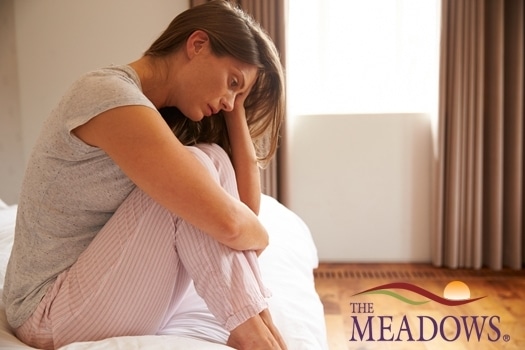The third Monday of every January has been declared “the most depressing day of the year.” Even though there’s little scientific evidence that depressed moods peak at this time, many people do start to feel blue this time of year for one reason or another. In many parts of the country, the weather is cold and dreary, the holidays are over, and the credit card bills from said holidays need to be paid.
It’s important to note a significant difference between feeling a little blue and suffering from clinical depression. If you’re unsure whether what you’re feeling is a temporary “funk” or something serious, please reach out to a healthcare professional.
But, for those suffering from clinical depression, January as a whole can be an extremely troubling period of time.
Family dysfunction or unresolved childhood trauma can play a big role in depression after the holidays. The holidays tend to be a time where we have an abundance of expectations and needs. Unfortunately for most of us, these expectations and needs do not meet exactly the way we hoped or imagined. In a dysfunctional family, the results can be even worse with unmet needs leading to the feeling of “I don’t matter.”
“Since human nature is to resolve conflict and trauma, we often tend to replay our trauma with our family this time of year, looking for resolution. When we do not get the resolution we hoped for, we can end up feeling emotionally exhausted, distraught, or sometimes completely numb, “ says Scott Davis, Clinical Director at The Meadows. “Depression becomes a way to cope with the anxiety and lack of fulfillment we feel throughout the holidays and immediately after.”
There’s also a difference between a “winter funk” and the more severe condition, seasonal affective disorder, a form of clinical depression that takes place during the winter months. Most people do not get enough Vitamin D or Vitamin K during the winter, leading to a lack of energy and motivation, and eventually, depression.
It’s important to recognize and treat depression because it limits people’s ability to live their lives to the fullest and function well daily.
Treatment for Depression
Cognitive-behavioral therapy (CBT) is an important and effective approach in treating depression at The Meadows Inpatient and Outpatient programs, where you can find relief through a change in negative thought patterns. Our clinicians and therapists specialize in treating the underlying causes of depression and the symptoms that have surfaced from the depression.
Depression is overwhelming, but there is hope. Even the most severe and complicated cases of depression are treatable, and here at The Meadows, we offer individualized treatment so each of our patients can enjoy a more fulfilling life.
To learn more about our innovative treatment programs for depression, contact us here or call us at 800-244-4949.

